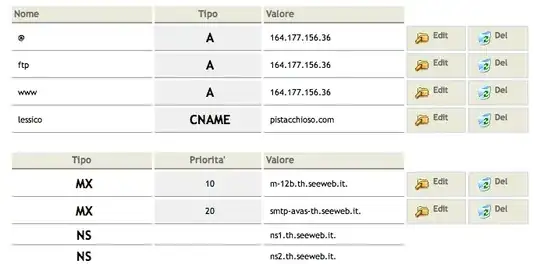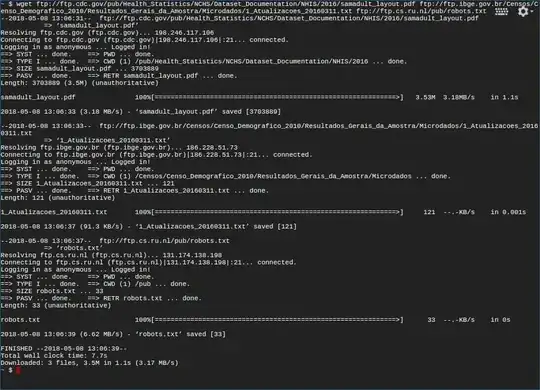Looks like Google Cloud Shell only permits outgoing ports 80 (HTTP), 443 (HTTPS), 8080 (sometimes used for HTTP proxy), 22 (SSH) and 21 (FTP control channel). Maybe some other ports too but definitely it's not unrestricted open outbound access.
Unfortunately that's not enough for a successful FTP connection - FTP transfers data on a separate TCP connection, either initiated by the client (passive mode) or by the server (active mode). Neither of these two methods seems to work.
One way around this is to download your files over HTTP or HTTPS. If they are available over these protocols of course. For instance the file in your last example can be retrieved as https://ftp.cs.ru.nl/robots.txt from Google Cloud Shell.
Another way is to set up a HTTP/FTP proxy on port 8080, e.g. on a small compute instance install squid package, and use that proxy to download your files. Something like this:
export ftp_proxy=http://your-instance:8080/
wget ftp://ftp.cs.ru.nl/pub/robots.txt
Third option is obviously to download the FTP files to your local machine and make them available through some file storage service over HTTPS.
Unfortunately it looks like FTP won't work from the cloud shell, neither in active nor in passive mode. You'll have to work around that in one of the ways above.
Good luck with that :)


